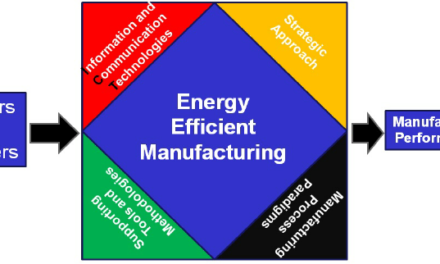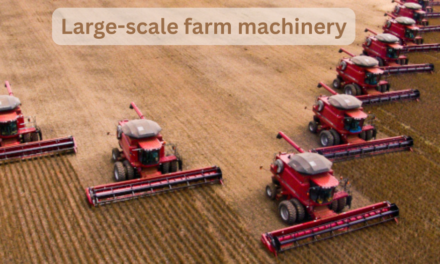Consuming animal products can have both positive and negative effects on human health, depending on factors like the type of animal product, portion sizes, and overall diet. Here’s an overview of both the potential benefits and risks associated with consuming animal products:
Potential Health Benefits
- High-Quality Protein
- Animal products such as meat, eggs, and dairy are excellent sources of high-quality protein, containing all essential amino acids necessary for growth, tissue repair, and immune function.
- Essential Nutrients
- Vitamins: Animal products provide essential vitamins like Vitamin B12, which is primarily found in animal-based foods and is crucial for nerve function and red blood cell formation.
- Minerals: Animal products are rich in important minerals like iron (heme iron, which is more easily absorbed than plant-based iron), calcium (from dairy products), and zinc, all of which are vital for various bodily functions.
- Omega-3 Fatty Acids: Fatty fish like salmon and sardines are rich in omega-3 fatty acids, which support heart health, reduce inflammation, and are important for brain function.
Potential Health Risks
- Saturated Fat and Cholesterol
- Many animal products, especially red meat, processed meats (like bacon and sausages), and full-fat dairy, are high in saturated fats and cholesterol. Consuming these in large amounts can increase the risk of heart disease, raise bad cholesterol (LDL) levels, and contribute to high blood pressure.
- Increased Risk of Chronic Diseases
- Studies have linked excessive consumption of red meat and processed meats to an increased risk of certain chronic diseases, including:
- Cardiovascular diseases: Due to high levels of unhealthy fats and cholesterol.
- Type 2 diabetes: Some studies suggest that diets high in red and processed meats may increase the risk of developing type 2 diabetes.
- Cancer: Processed meats have been classified by the World Health Organization (WHO) as a carcinogen, particularly about colorectal cancer. High consumption of red meat may also increase cancer risk, although the evidence is more mixed.
- Studies have linked excessive consumption of red meat and processed meats to an increased risk of certain chronic diseases, including:
- Antibiotics and Hormones
- In some cases, animals are treated with antibiotics and growth hormones, which can be present in the final products. There are concerns about antibiotic resistance and the potential hormonal effects on human health, although regulatory bodies monitor and limit these substances in food.
- Environmental and Ethical Concerns
- While not directly related to health, the environmental impact of large-scale animal farming (such as greenhouse gas emissions, deforestation, and water usage) can affect public health indirectly by contributing to climate change. Ethical concerns about animal welfare in industrial farming practices also influence some individuals’ choices to limit or avoid animal product consumption.
Moderation and Balance
- The key to safely consuming animal products is moderation. Eating animal products in balanced amounts, especially lean meats, fish, and plant-based alternatives like legumes and nuts, can provide essential nutrients without significantly increasing health risks.
- Combining animal-based foods with plant-based foods (vegetables, fruits, whole grains) can help mitigate some of the health risks associated with excessive consumption of animal products, such as high saturated fat intake.
Personal Factors
- Health conditions (such as heart disease or high cholesterol), ethical beliefs, and personal dietary preferences (e.g., vegetarian or vegan) can influence an individual’s choice about consuming animal products.
- For individuals with certain health conditions, reducing or avoiding certain animal products (e.g., red or processed meats) may be beneficial for better health outcomes.









